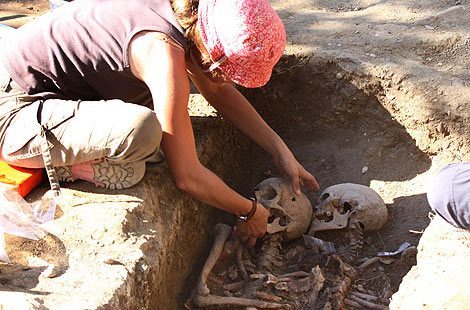 The term perinatal It relates to the events or phenomena that occurred around the birth, either before, during or after it.
The term perinatal It relates to the events or phenomena that occurred around the birth, either before, during or after it.
Duration of the perinatal period
These events are studied and treated by a branch of medicine called perinatology. This frames the perinatal period in a period of time located between week 28 of pregnancy and the first week of the baby's life.
The neonatal period is a period of time that initially overlaps the perinatal period. The neonatal phase goes from birth to the first 28 days of the baby's life, in this phase it is known as the newborn or neonate.
This period is of great importance since delivery occurs in this period of time. In this phase, gynecological check-ups are done more frequently.
It is also in the perinatal phase when a series of conditions must be monitored and identified, both in the mother and the fetus, which can affect childbirth or even affect the health and life of both the mother and the child.
Possible complications that occur at this stage
From the 28th week of pregnancy, the third trimester is entered, a period in which a series of events can occur that lead to the nearly or premature heartburn of the baby. This is mainly related to the appearance of gynecological infections that deteriorate the membranes that surround the baby, leading to their rupture with the consequent loss of amniotic fluid, which stimulates the onset of labor.
Other common disorders of this period include problems that can occur to the mother before or during labor. Problems like elevation of the mother's blood pressure (eclampsia) or one abnormal presentation of the baby at birth (standing or breech presentation, transverse presentation, dystosia). This last condition can lead to very long and difficult labor, producing injuries such as tears in the mother or suffocation in the newborn.
These problems have more impact in societies of low socioeconomic or cultural level in which there is no easy access to more complex medical care that allows the performance of procedures such as caesarean sections and newborn resuscitation. In the past, this was an important cause of perinatal mortality, unfortunately, although it has decreased, it continues to occur especially in mothers of low weight, who have had several deliveries, smokers and those who have not had adequate prenatal control.
After birth, complications can also occur, mainly the infections of the maternal uterus by retention of placental remains, the puerperal hemorrhages waves fetal infections, mainly at the level of the umbilical cord.
Photo Fotolia. Evgeniy Trofimenko









